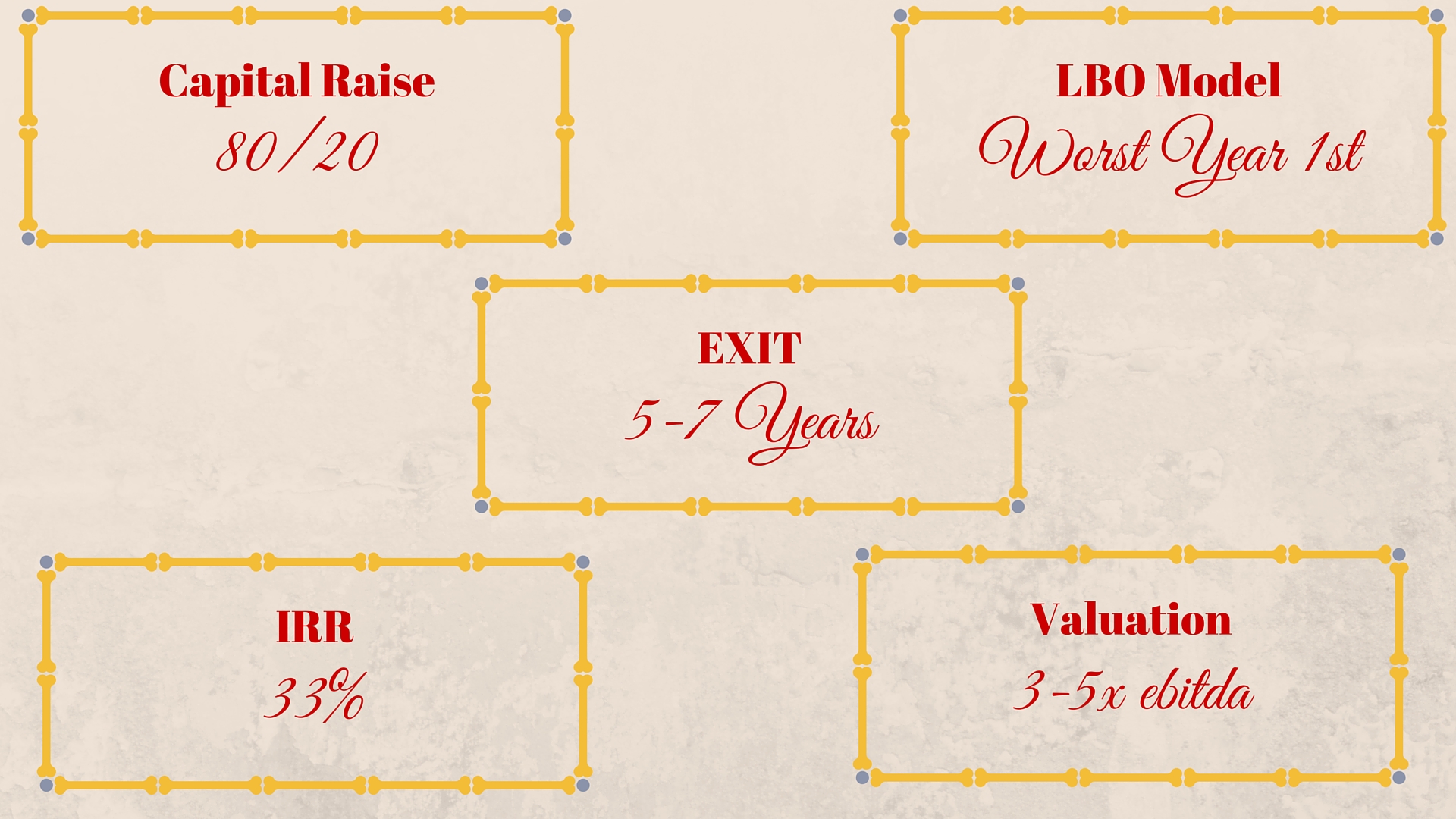Background on Guarantees
One of the biggest decisions you will come across when buying a business is choosing between recourse and non-recourse financing options. First let’s define what we are talking about. Typically a non-recourse loan is one in which the lender looks to the company to pay the loan and cannot go back to collect from the principal. Recourse financing is one in which they can go back and collect from the principal(s). Thus the lenders may have “recourse” to go against whoever guaranteed the loan which is generally one or more of the principals of the company. This concept of recourse is what we call a “personal guarantee”.
Now many or even most loan programs require personal guarantees, starting with banks and going further down the line to asset based and real estate lenders. This is especially true with new borrowers, weak deals, buyers with little experience or background etc. SBA loans have traditionally had the most onerous guarantee program whereby you put personal collateral up, such as your house, in order to “secure” the guarantee. Very few other lenders do this.
It also used to be the case that one’s spouse was asked to guarantee the loan as well as the principal. While this made perfect business sense, this is no longer done, probably as a result of consumer protection laws. However the lender can decline the principal’s request for a loan based on insufficient financial strength, wherein the only option is to provide another guarantor (the spouse).
Nevertheless, wives typically do no need to enter the equation these days and that is a good thing from the standpoint of family asset protection. We can go into that later. The main thing is that, as a buyer, you decide what you will and won’t guarantee. Here are the things you may be asked to do.
Your Personal Guarantees May Be Requested On These Types of Loans
- On asset based loans and lines, where receivables and inventory are collateral even if there is full coverage.
- On bank lines, loans specifically unsecured open lines of credit that renew annually or term loans.
- On leases or equipment loans, where big or small ticket equipment is being financed.
- On real estate loans, mortgages, hard money, bridge loans, commercial or residential.
- Company credit cards
- Seller Paper
Note that we are talking now about sizable commercial loans that are not to be confused with small personal loans or credit cards which you can get on your own signature. These loans start with the company and if there is insufficient strength at the company level to back the loan, which there usually is, then the lender will look to the individual to guarantee.
When you are buying businesses you should know up front that buyers generally never have enough money to actually pay off any of the loans guaranteed should the business get into trouble. The lenders know this and the theory is that the buyers at least have enough skin in the game to help the lenders get out of a bad loan. Otherwise, with a non-recourse loan, the buyer can simply give the lenders the keys to the business and walk away. Lenders therefore try to get someone to go on the hook.
Thus you generally cannot get away with non-recourse loans across the board on any one deal. Of course bigger companies do just that. If they are well capitalized, with strong financials then personal guarantees can easily get waived. An obvious example is a public company which has the capital backing of public investors and, conveniently enough, has nobody with enough of an individual stake in the company to logically act as a guarantor. Lenders know this so public companies are generally exempt from guarantees. Large private companies or public, the bigger the company is the more leverage it has to negotiate personal guarantees out of the picture.
Since I have done them all different ways, with and without recourse, I can give you some relevant direction in this area. First, if you are not willing to guarantee anything then this will severely limit your ability to get a deal done. I’m not saying it can’t be done non-recourse but be prepared for a longer time frame or some busted deals.
Second, there are lenders out there that will let you get away on a non-recourse basis.
Non-Recourse Financing Sources
- Factors. These guys buy receivables and usually don’t need full guarantees, although they make an exception for fraud. High priced but worth it if the deal is right.
- Merchant lenders. These guys can be unsecured and non-recourse. And there are lots of them. Only problem is there are relatively new and don’t fully understand buyouts yet. They are also expensive.
- Asset Based Lenders to some degree. More ABLs want guarantees than they used to. Much of the time the guarantees can be negotiated and watered down.
- Conduit Loans, Securitized Loans. Pockets of money are sometimes available from Wall Street. I say sometimes because these loans come and go depending on how bad Wall Street suffered from the last collapse. Usually they are real estate or REIT type loans that are packaged and sold off to investors.
- Leasing Companies. All leasing companies are different and sometimes new ones pop up that go non-recourse on sale leasbacks to get into the marketplace.
- Mezzanine Lenders. Mezz shops are no longer small, they are likely dealing with large numbers. Again, there is a lot of capital out there and new loan shops pop up all the time with creative products to get deals done.
In the final analysis an individual buyer will have to decide to what extent he/she is willing to take on recourse risk. A wrong decision can affect family finances for quite a while. The younger the buyer the more appropriate this type of risk is – this is because you have plenty of time to recover from a bad deal and in all likelihood you don’t have as much to lose. If you are going to make mistakes make them young. If you buy a business and it goes bad you will have to squeeze yourself out from under the guarantees. Usually this means helping the lender out of his predicament rather than forking over cash. This is much easier for someone who has not yet built up a large net worth.
If you do a few deals in your life you will always have some sort of mix of guarantees. Over time you can get rid of them. Even many banks have a mechanism to phase out guarantees as the financial picture of the company improves over time. Mitigating and/or minimizing the guarantees in your deal up front, both with the lenders and the seller, is the best strategy(helps you sleep at night) and there are ways of doing that. But in any event you should plan to provide guarantees as necessary to get the deal done in the shortest possible time frame.









